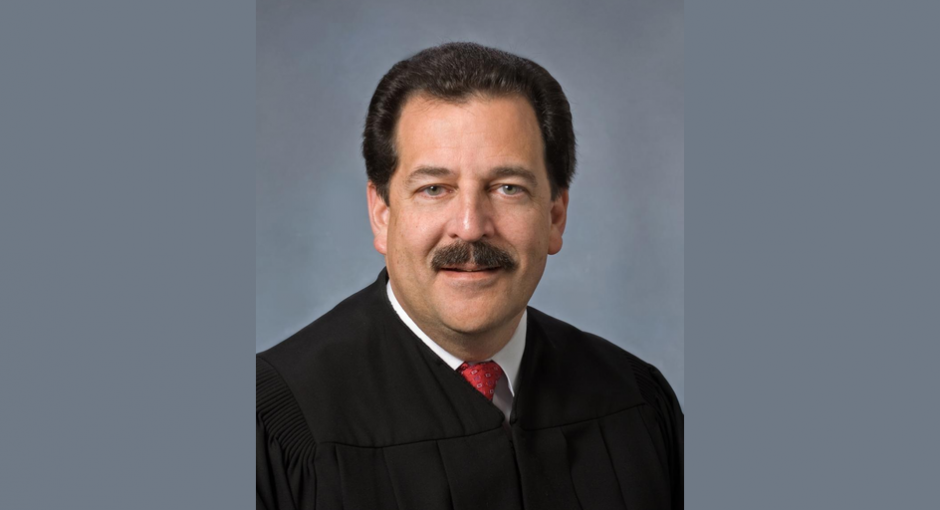California health centers asked a federal district judge yesterday to stop a major state Medicaid drug reimbursement change due to begin tomorrow. They say the change would strip away all their 340B drug discount savings, devastating safety-net health care in California during a worsening global pandemic.
The Community Health Center Alliance for Patient Access (CHCAPA) says the change “would drain hundreds of millions of dollars from community health centers” per year in lost 340B revenue. CHCAPA represents 31 federally qualified health centers providing care to 2.1 million low-income Californians.
“No longer will Medi-Cal managed care plans and federally qualified health centers (FQHCs) be able to manage and track patient medication usage and compliance and no longer will FQHCs be able to benefit from the savings created by prescribing drugs through [the 340B program] as Congress intended,” CHCAPA said in court papers filed yesterday. “Any such savings will now go directly to the state instead.”
Regina Boyle, an attorney for the health centers, said late yesterday that a hearing on the request for a temporary restraining order had not yet been scheduled. As of early this morning, there was nothing listed on today’s court calendar for the judge assigned to CHCAPA’s case, U.S. District Judge John A. Mendez of the Sacramento-based Eastern District of California.
CHCAPA is trying to stop tomorrow’s scheduled transfer of Medicaid (Medi-Cal) managed care prescription drug benefits to Medi-Cal fee for service. Under Medi-Cal FFS, providers bill at acquisition cost for 340B drugs. Under Medi-Cal managed care, they can bill at higher negotiated rates.
The state believes moving pharmacy services from managed care to fee for service will standardize the Medi-Cal pharmacy benefit statewide under one delivery system and improve Medi-Cal beneficiary access to pharmacy services with a pharmacy network that includes approximately 94% of the state’s pharmacies. The state also says the switch will apply statewide utilization-management protocols to all outpatient drugs and strengthen California’s ability to negotiate state supplemental drug rebates with drug manufacturers.
The state Department of Health Care Services (DHCS) says it expects the switch will save the state about $405 million in 2022-2023. State managed care companies, however, issued a study in 2019 predicting that the change would cost the state an extra $757 million over five years.
CHCAPA initially sued to stop the drug benefit transfer in October 2020. Mendez ruled that the group lacked standing to sue because the U.S. Centers for Medicare & Medicaid Services (CMS) had not yet approved California’s request to make the switch. CMS gave the state the go-ahead this week Wednesday, Dec. 29—just three days before the state’s scheduled go-live date. CHCAPA and 10 individual health centers filed a new lawsuit and a motion for a temporary restraining order yesterday.
The state health department calls the drug benefit transfer initiative Medi-Cal Rx.
“Through Medi-Cal Rx, the state skims off the cream but leaves FQHCs with the administrative burden of compliance, and their patients stranded,” CHCAPA President Anthony White said in a news release. “The state’s ill-conceived action threatens the survival of many community health centers that provide quality care to low-income communities across the state. It creates additional hardship for Medi-Cal patients who already face a daunting health care bureaucracy every day as they seek to access care.”
Colleena Curtis, president and CEO of United Health Centers of the San Joaquin Valley (UHC), said, “After Medi-Cal Rx, when all of UHC’s pharmacies are operating at a loss, UHC will likely shut down its 10 pharmacies permanently, laying off about 46 employees. In addition, patient services and programs such as having a call center, referral center, case management, enrollment services, care coordinators, and patient transportation services are at risk of being significantly reduced or eliminated.”
“Medi-Cal patients depend on us for access to comprehensive primary and preventive health care,” said Leslie Abasta-Cummings, CEO of Livingston Community Health, which operates six health centers in California’s Central Valley. “This new system will have a devastating effect. It will force us to reduce the level of care we provide and the number patients we are able to serve.”
“Excluding our centers from the 340B program will jeopardize patients’ access to care issues and increase risk for health problems and increased costs,” said Ronald E. Castle, CEO of Community Health Centers of the Central Coast, Inc., which encompasses 30 health centers and seven mobile dental and medical units. “The impact of this pharmacy transition is frightening and devastating to the health outcomes of our patients.”
On Dec. 8, DHCS sent CMS a Medicaid state plan amendment to implement language in California’s 2020-2021 state budget to provide time-limited supplemental payments to non-hospital community clinics affected by the Medi-Cal drug benefit transfer. The amendment’s proposed effective date is tomorrow. A total of $52 million would be provided from Jan. 1 to June 30, 2022, and a second allocation of $105 million would be provided from July 1, 2022 to June 30, 2023. DHCS told 340B Report Friday afternoon that the funding would be allocated retroactively if the amendment is approved by CMS. CMS has 90 days to review the amendment, a source told 340B Report.
California health centers have said the supplemental state payments would not make them whole for the 340B revenue losses they will incur due to the drug reimbursement cut. They also note that the payments are time-limited.


